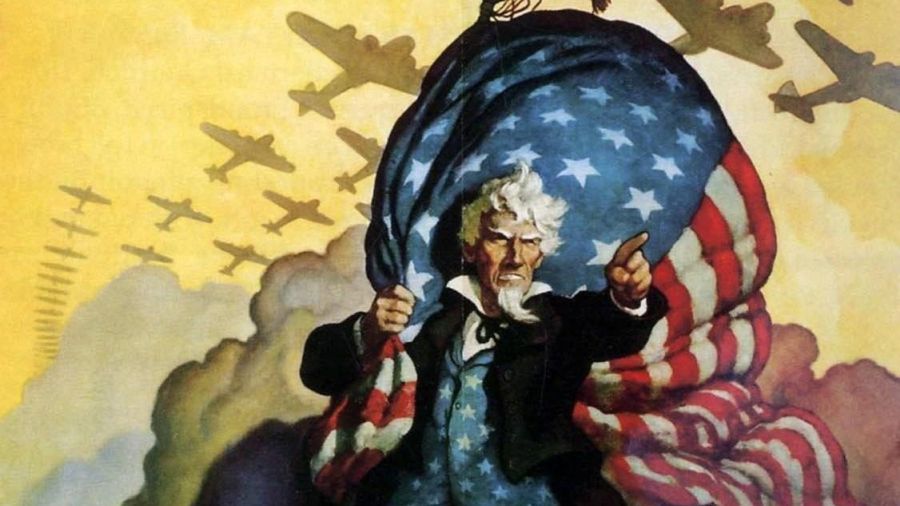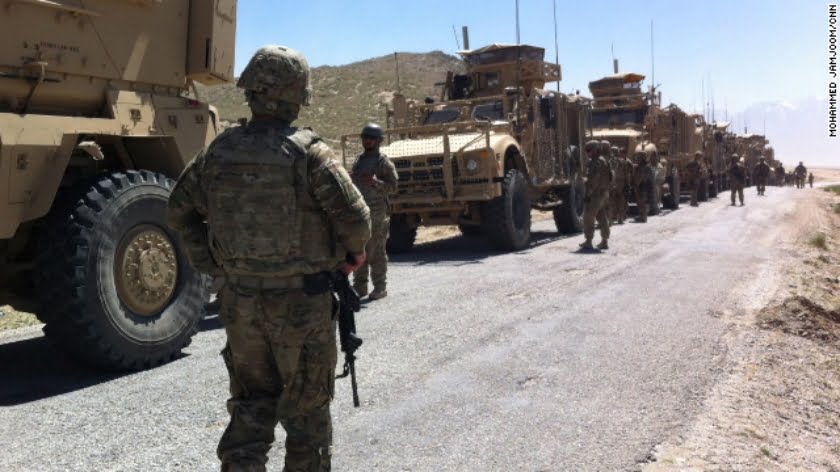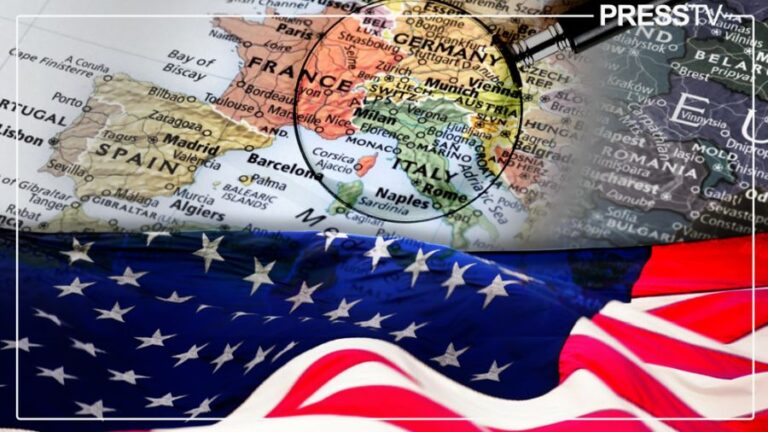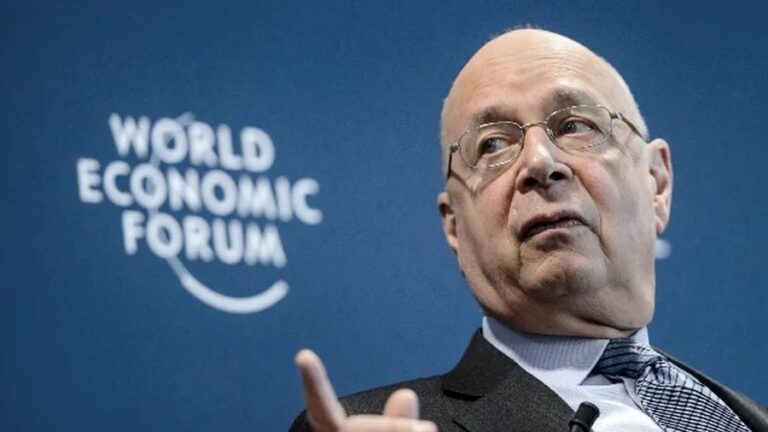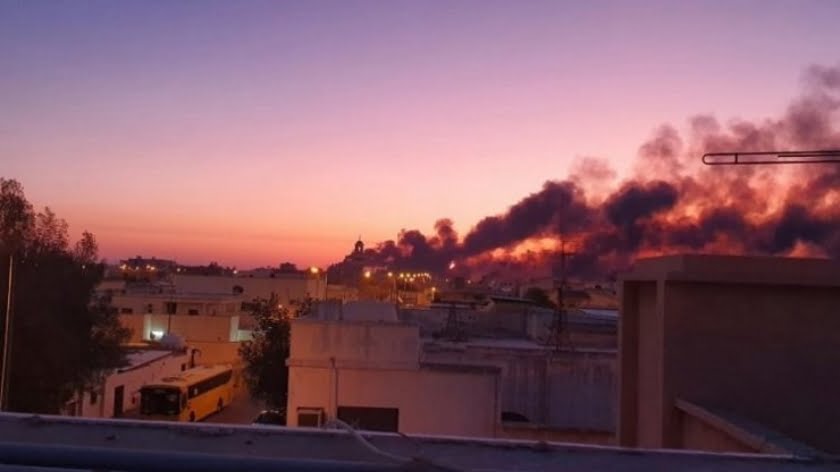The American Stick Was Left Without a Carrot
The United States has the ability to pursue broad measures to exert pressure on other countries, not only through bilateral relations, but also through controlled international organisations such as the IMF and the World Bank. Although this violates international law, it has become commonplace for practitioners of preventive diplomacy, that is, threats of subsequent punishment that can have a long-term economic and political effect.
In particular, it was previously noted that countries that voted against the US’ position in the UN, then faced restrictions in obtaining loans or credit from these financial organisations. This was the case during the vote during Operation Desert Storm against Iraq. The United States applied a similar option to Russia. This explains the participation of such a large number of developing countries in the list of states that voted against Russia in the UN.
At the same time, in order to avoid the blow of the American stick, friendly Serbia even voted against Moscow! President Aleksandr Vucic later defended himself that the decision was made under pressure from Western countries, but Serbia is not going to impose any sanctions against Russia. Given the occupation of Kosovo, Serbia does not have full sovereignty even in theory, so it is forced to balance between the collective West, in which it is surrounded, and Russia.
However, they understand that the restoration of sovereignty can only happen thanks to the help of Russia, and not the actions of the West. The nearest time will tell how this direction will develop, especially given the recent supply of weapons by Britain to Kosovars, which Belgrade assessed as unfriendly actions. [i]
The most obvious case of recent American interference in the internal affairs of another country because of an independent position is the change of government in Pakistan. The Prime Minister was in Moscow during the start of the special operation in Ukraine and met with the leadership of our country. [ii]
Pakistan did not vote against Russia at the UN, and also refused to condemn Moscow after a collective appeal by EU ambassadors. From Washington, through the Pakistani Ambassador to the United States, he was told that he must resign, otherwise it would be worse for Pakistan. Imran Khan was not afraid to say this openly at a public rally, where he declared an obvious interference from the outside.
But the parliamentary coup still took place, although there were attempts to prevent a vote of no confidence. Now there is a pro-American government in Pakistan, which has begun to change key ministers. And the Movement for solidarity brings thousands of its supporters to the streets in various cities of the country. Mass protests are planned in Islamabad itself at the end of the holy month of Ramadan.
Even now, Pakistan is experiencing a record high level of anti-American sentiment. Imran Khan has vowed to fight both American interference and the “imported government,” by which he means the current coalition in the National Assembly of the Muslim League-N and the Pakistan Peoples’ Party.
Given Pakistan’s fragile situation, this “coup” will hit, first of all, the people of Pakistan themselves, who suffer from long-term turbulence and lack of political stability.
In neighbouring India, Washington also tried to influence decisions on New Delhi-Moscow interaction.
At the India-US 2+2 summit, which was held on April 12 in the Indian capital, issues of the conflict in Ukraine and possible trade and economic restrictions were discussed. During the joint ministerial conference, there was unequivocal condemnation of civilian deaths and calls for an immediate cease-fire, but it was not possible to get India to stop buying Russian energy resources and even weapons from the United States.
Although Blinken and Pentagon Chief Lloyd Austin are trying to lure India into their orbit, New Delhi does not believe in promises and is pragmatic about expanding Indian-American cooperation in the military-technical sphere. The stick method is not applied to India, although the United States does not actually have a carrot.
But Turkey has clearly succumbed to US pressure. The day prior Ankara announced the closure of the Turkish sky for Russian aircraft flying to Syria. As Turkish Foreign Minister Mevlüt Çavuşoğlu explained, the permit for flights of Russian aircraft was issued for three months and was repeatedly extended, and now it has ended. The Turks notified Moscow about this in advance. This applies to both civil and military aircraft.
This is clearly not without the intervention of the United States, which is trying to exert maximum pressure on Turkey, since it did not join the sanctions against Russia (this would greatly affect the interests of Turkey itself).
In Latin America, the White House is also trying, if not to put together an anti-Russian coalition, then at least to force some countries to impose anti-Russian sanctions. The United States has achieved the greatest success in this regard in Colombia, where new presidential elections are on the nose and against the background of acute social instability, accusations are increasingly being heard in the direction of Venezuela, where, allegedly, there are Russian military personnel who can bring some damage to Colombia.
In addition, Colombian President Ivan Duque spoke harshly against Russia, pointing out that the militants from FARC may have some connections with Russia. And in relation to his rhetoric, a special statement was made by the speaker of the Russian Foreign Ministry, Mariya Zakharova, noting the need to preserve friendly Russian-Colombian relations, despite such an ignorant tone of the head of Colombia. [iii]
We can assume that the current activity of the US State Department, in one way or another, is connected with anti-Russian policy. If this is not done directly, then at least indirectly.
In the twenties of April, US Secretary of State Antony Blinken, together with Secretary of Homeland Security Alejandro Mayorkas, visited Panama to discuss migration issues and sanctions against Russia. Officially, Blinken thanked the Panamanian leadership for its pro-American position. [iv]
Since for Panama, the US is the main economic partner and the main direct investor (including the operation of the canal, where more than 70% of the cargo passing through it is intended for the US or is sent from there), it is obvious that they will follow Washington’s instructions. [v]
In addition, earlier Ukraine, through its ambassador to this country, tried to get Panama to close the channel for the passage of Russian ships. However, the Panamanian authorities refused to impose such restrictions, citing the channel’s neutral status in relation to international affairs. [vi]
It is significant that earlier the case of the Panama Dossier with data on the accounts of various oligarchs was used by the United States against Russia to impose additional sanctions. [vii] It is likely that restrictions from Panama in the future will be imposed on the use of their country for Russian investments or some kind of financial transactions. But major players in Latin America are still withstanding Washington’s anti-Russian demands.
Mexico has refused to comply with sanctions against Russia, as it has previously done with Cuba. Although it should be borne in mind that President Lopez Obrador is critical of the United States, although he understands the strong dependence of his country on its northern neighbour. [viii]
So far, Argentina is successfully coping with such pressure – the Foreign Minister of this country, Santiago Cafiero, said that Argentina will not take such actions. [ix]
Brazil has generally condemned Western sanctions against Russia for exacerbating the economic consequences of the conflict and harming peoples dependent on basic resources.
“[These sanctions] can exacerbate the economic consequences of the conflict and affect the main supply chain,” Brazilian Foreign Minister Carlos França said in early April, referring to the embargo imposed by the West led by the United States against Russia.
At a hearing before the Senate Foreign Relations Committee, Brazil’s foreign minister made it clear that such measures are aimed at realising the interests of a small group of governments, while at the same time harming others who rely on basic resources. [x] It is necessary to take into account the strong dependence of these two countries on the supply of Russian fertilisers, which the agricultural sector of Brazil and Argentina depends on.
There are still many countries in Africa and Asia that have outwardly condemned Russia’s actions at the UN, but formally continue to cooperate. Sooner or later, Washington will get to them with a demand to join the imposed sanctions or set some special restrictions.
Obviously, this will affect their own sovereignty, and in this difficult choice, much depends on the political will of the leadership. However, Russian diplomacy should not wait for any new machinations of the State Department, but rather actively pursue its foreign policy and maximise cooperation with friendly and neutral states.
Notes
[i] https://ria.ru/20220417/serbiya-1783965016.html
[ii] https://www.geopolitika.ru/article/chto-budet-s-pakistanom
[ix] https://ria.ru/20220423/sanktsii-1785124287.html
[x] https://www.hispantv.com/noticias/brasil/540594/sanciones-rusia-conflicto-ucrania

